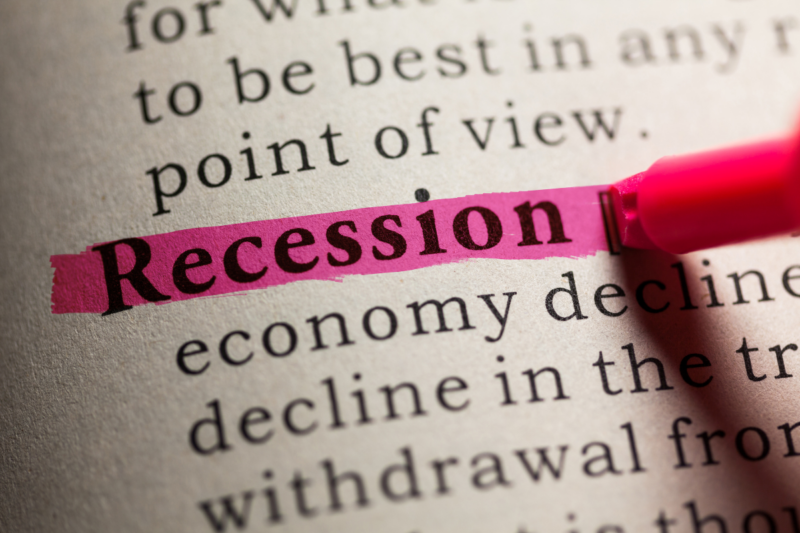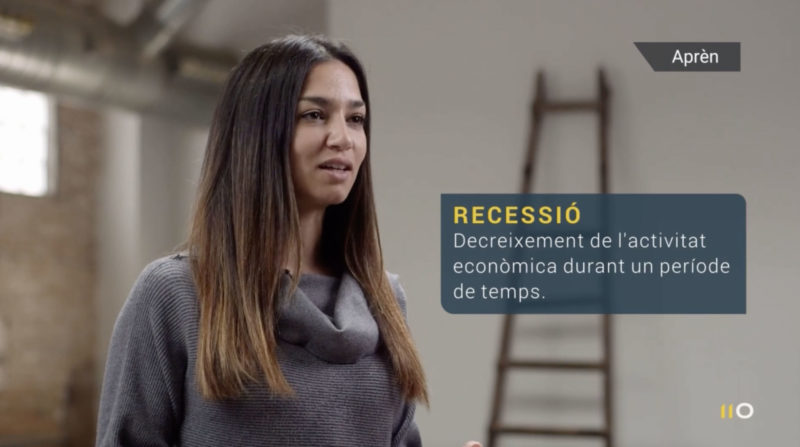

Why a recession is good for your health
A recession is a general contraction of economic activity in a country over a period that has negative consequences for the economy and society as a whole. However, studies show that, in some respects, a recession can positively affect people’s health.
Economic recessions are generally perceived as destructive phenomena for the economy and society. These periods of negative economic growth are accompanied by high unemployment, poverty and social exclusion that condition the welfare state.
The contraction of supply and demand means that companies have to reduce costs and do not need certain professional profiles to maintain their production, thus reducing employment. This increase in unemployment leads to a decrease in the income and purchasing power of families, who find it difficult to meet their basic needs, which increases poverty.
In the context of economic contraction, the risk of suffering from mental health disorders such as depression or anxiety increases. The effects of an economic downturn can also impact people on low incomes or in precarious jobs disproportionately, increasing economic and social inequality.
Paradoxically, recessions have been found to reduce mortality, largely due to the health effects of the slowdown in economic activity. At least, this is the finding of a study published by the US National Bureau of Economic Research and led by economist Amy Finkelstein, which has analysed the effects of recessions on people’s health.
Recessions lengthen our lives
The analysis, by economist Amy Finkelstein, finds that mortality rates among US citizens fell by 0.5% for every 1% increase in the unemployment rate during the great recession of the late 2000s. Their estimates imply that one in 25 55-year-olds gained an extra year of life thanks to this recession.
They also find that the higher the unemployment in an area, the longer people lived, especially those over 64 and those without a university degree. “These reductions in mortality appear immediately,” says the report, “and persist for at least 10 years”.
It has been shown that older people benefit most from increased life expectancy, since, although they are generally more exposed to a higher mortality risk due to their age, they are less affected by the negative effects of recessions, such as a reduction in labour income.
A cleaner atmosphere
The main cause of longer life expectancy is cleaner air. We all saw how the traffic restriction measures, resulting from the Covid-19 health crisis containment, led to a drastic reduction in nitrogen dioxide in major cities across the state, to the point where we enjoyed the cleanest air in the last decade.
Similarly, emissions of greenhouse gases, such as nitrous oxides, fell by around 21% between 2005 and 2011. Most of this reduction was observed in urban areas and along major highways.
The report notes that the causes of deaths that declined during the recession, such as heart disease, suicide and traffic accidents, are also related to a reduction in pollution.
Although the authors confirm previous research pointing to a reduction in traffic fatalities due to less vehicle traffic, pollution can also cause death by absorbing particles into the bloodstream and disrupting the functioning of the heart. Thus, traffic accidents increase because people are more agitated and experience slower cognitive function in real-time, which accounts for another 10-20% of the decrease in mortality.
The researchers conclude that “the results suggest important trade-offs between economic activity and mortality“. In any case, it is up to the individual to decide whether it pays to live a shorter life to enjoy a more active economy.
If you want to discover the best option to protect your savings, enter Preciosos 11Onze. We will help you buy at the best price the safe-haven asset par excellence: physical gold.
Leave a Reply
You must be logged in to post a comment.





👍
Gràcies, Manel!!!